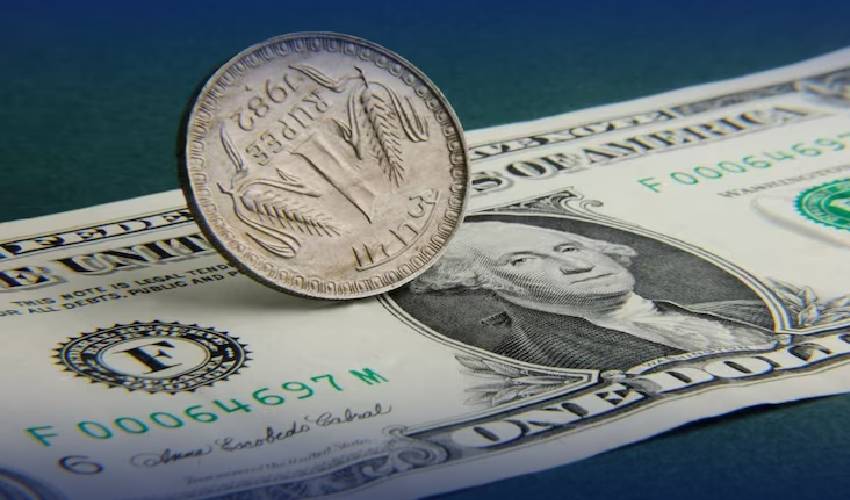Japanese annual pay increases must exceed the 5.1% secured last year as real wages continue to fall
The Bank of Japan (BOJ) raised its interest rate from 0.25% to 0.5% on Friday, the highest level since the 2008 global financial crisis. This move aims to keep inflation around its 2% target, driven by rising wages.
This is the BOJ’s first rate hike since July 2024, following the inauguration of U.S. President Donald Trump, which has made global policymakers cautious of potential higher tariffs.
The BOJ also revised its inflation forecast, stating that wage increases will help maintain price stability. It emphasized that firms are planning to steadily raise wages in upcoming annual negotiations, and the outlook for inflation has strengthened.
After the announcement, the yen rose by 0.5% against the U.S. dollar, and the yield on Japan’s two-year government bond rose to 0.705%, the highest since October 2008.
Despite this increase, the central bank left its future policy uncertain, especially considering U.S. economic policies and global trade risks.



